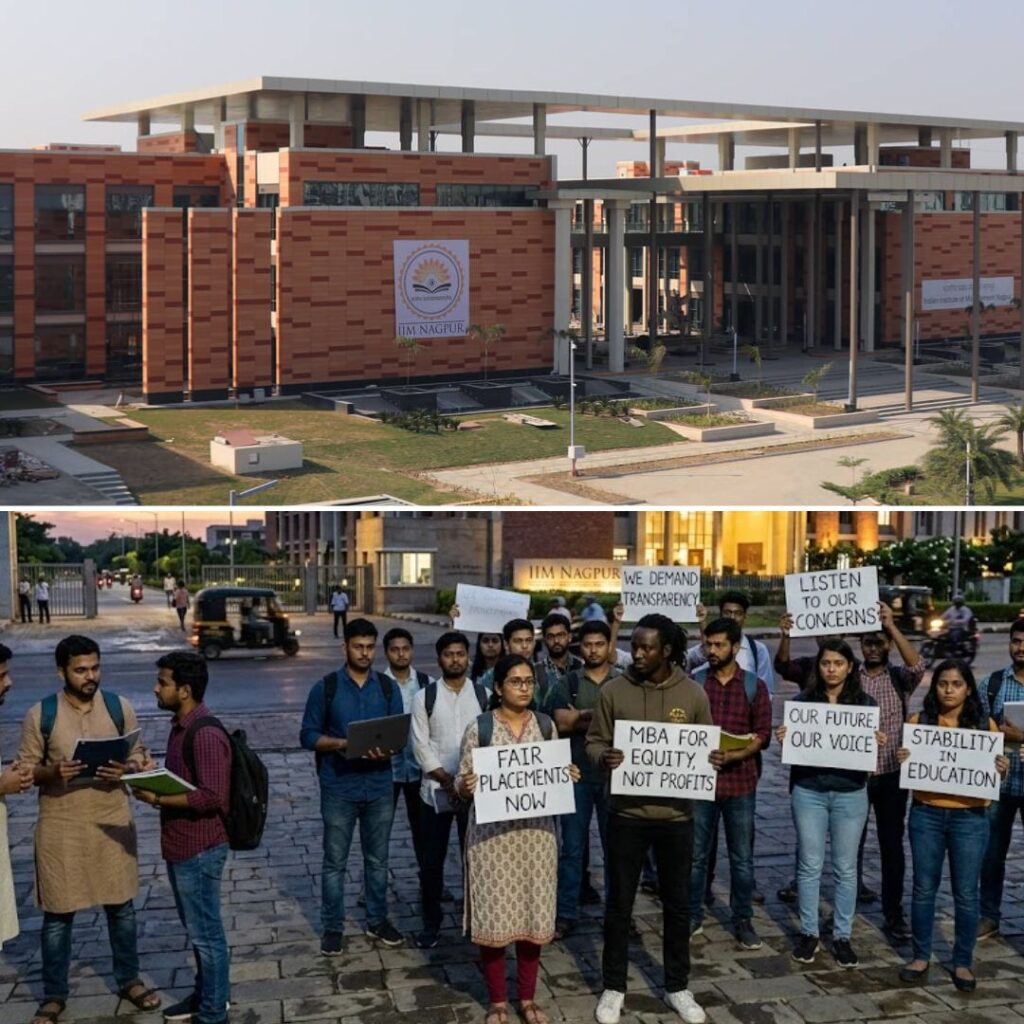Afghanistan’s Taliban foreign minister Amir Khan Muttaqi met External Affairs Minister S. Jaishankar in New Delhi on Friday, marking the first high-level diplomatic engagement between India and the Taliban regime since it took power in 2021.
During the talks, Jaishankar announced India’s decision to reopen its embassy in Kabul, upgrading its technical mission to a full diplomatic mission.
Muttaqi, who arrived under a UN travel waiver, assured India that Afghan soil would not be used against any country, and both sides expressed commitment to mutual respect, trade, and regional stability. The visit signals India’s strategic outreach and the Taliban’s push for international legitimacy.

Diplomatic Breakthrough: India to Reopen Embassy in Kabul
In a landmark move, External Affairs Minister S. Jaishankar announced that India will reopen its embassy in Kabul, which was shut in 2021 after the Taliban takeover. The current technical mission, established in 2022 to manage humanitarian aid and trade, will now be upgraded to a full-fledged embassy, reflecting deepening ties.
Jaishankar also handed over five ambulances to Afghanistan’s Foreign Minister Amir Khan Muttaqi as part of India’s larger gift of 20 ambulances and medical equipment, a gesture reaffirming New Delhi’s continued humanitarian support for the Afghan people.
While no timeline was provided, the decision marks a significant shift in India’s Afghanistan policy. Muttaqi, speaking during the bilateral meeting, stated, “Afghanistan looks at India as a close friend,” and expressed readiness to create a consultative mechanism to strengthen relations.
He also reaffirmed that Afghanistan would not allow any group to use its territory against another country, a key concern for India.

Strategic Outreach and Regional Context
Muttaqi’s six-day visit follows his participation in an international meeting on Afghanistan hosted by Russia, attended by representatives from China, Pakistan, Iran, and Central Asian nations. The trip underscores the Taliban’s efforts to gain diplomatic recognition and reduce isolation.
For India, the engagement is part of a broader strategy to counterbalance Pakistan’s influence and prevent China from expanding its footprint in Afghanistan.
Prior contacts, including a meeting between Foreign Secretary Vikram Misri and Muttaqi in Dubai and a phone call between Jaishankar and the Taliban minister, laid the groundwork for this high-level dialogue. India’s special envoy also visited Kabul in April to discuss political and trade relations, indicating sustained behind-the-scenes diplomacy.
The Logical Indian’s Perspective
This diplomatic opening, while cautious, reflects a mature and pragmatic approach to regional stability. By re-engaging with Afghanistan, India is not only reaffirming its commitment to humanitarian support and development but also asserting its role as a responsible regional power.
The Logical Indian believes that dialogue, even with complex regimes, is essential for fostering peace, reducing isolation, and creating space for positive change.
Opening remarks at my meeting with Afghan FM Muttaqi, in New Delhi.
— Dr. S. Jaishankar (@DrSJaishankar) October 10, 2025
https://t.co/incgPxvRnH













